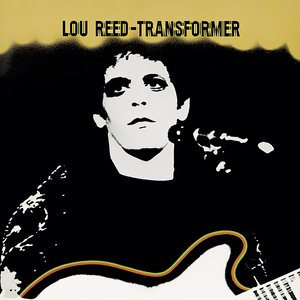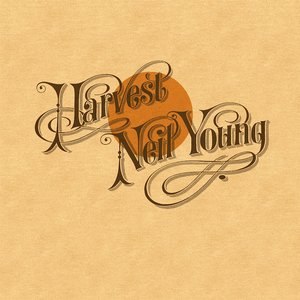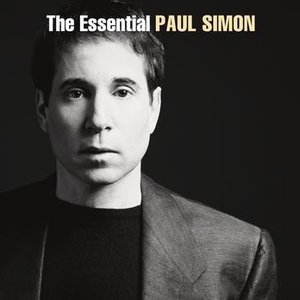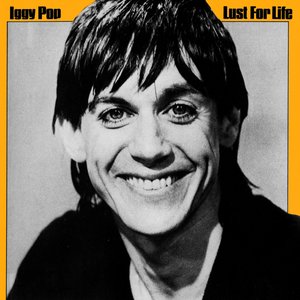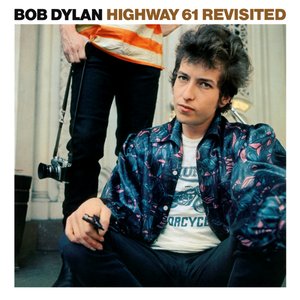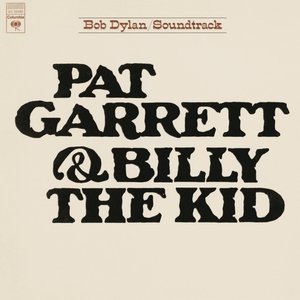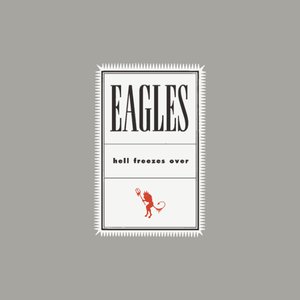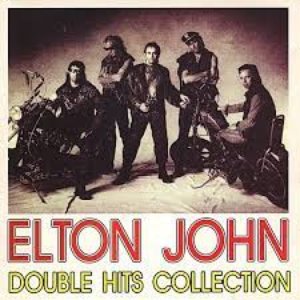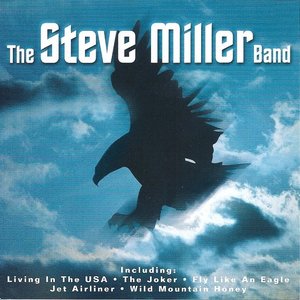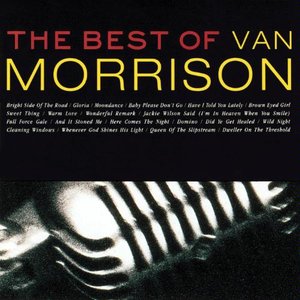Wiki
-
Length
1:15
"Walk on the Wild Side" is a Lou Reed song from his 1972 second solo album Transformer. It was produced by David Bowie. The song received wide radio coverage, despite its touching on taboo topics such as transsexuality, drugs, male prostitutes and oral sex. In the United States, RCA released an edited version of the song as a single which eliminated the song's reference to oral sex.
The lyrics, describing a series of individuals and their journeys to New York City, refer to several of the regular "superstars" at Andy Warhol's New York studio, The Factory, namely Holly Woodlawn, Candy Darling, Joe Dallesandro, Jackie Curtis and Joe Campbell (referred to in the song by his nickname Sugar Plum Fairy). Candy Darling was also the subject of Reed's earlier song for The Velvet Underground, Candy Says.
The saxophone solo played over the fadeout of the song was performed by Ronnie Ross, who had taught David Bowie to play the saxophone during Bowie's childhood.
The backing vocals were sung by Thunderthighs, a girl group that included founder Dari Lallou together with Karen Friedman, Jacki Campbell and Casey Synge.
The single peaked at #16 on the Billboard Hot 100 singles charts in early 1973.
Like many of Reed's songs, "Walk On The Wild Side" is based on a plagal cadence, alternating from C to F. The F is played as a sixth chord. The pre-chorus introduces the major second, D Major, although in some live performances this was changed to D minor, resulting in a completely diatonic song.
The song is also noted for its twin interlocking bass lines played by Herbie Flowers on double bass and overdubbed fretless bass guitar. In an interview on BBC Radio 4 ("Playing Second Fiddle", aired July 2005), Flowers claimed that the reason he came up with the twin bass line was that as a session musician he would be paid double for playing two instruments on the same track.
In the 2001 documentary Classic Albums: Lou Reed: Transformer, Reed says that it was Nelson Algren's 1956 novel, A Walk on the Wild Side, that was the launching point for the song, even though, as it grew, the song became inhabited by characters from his own life. As with several other Reed songs from the 1970s, the title may also be an allusion to an earlier song, in this case Mack David and Elmer Bernstein's song of the same name, the Academy Award-nominated title song of the 1962 film based on Algren's novel. During his performance of the song on his 1978 Live: Take No Prisoners album, Reed humorously explains the song's development from a request that he wrote the music for the never completed musical version of Algren's novel.
Hip hop group A Tribe Called Quest also sampled the song, on their 1991 single "Can I Kick It?".
Track descriptions on Last.fm are editable by everyone. Feel free to contribute!
All user-contributed text on this page is available under the Creative Commons Attribution-ShareAlike License; additional terms may apply.
